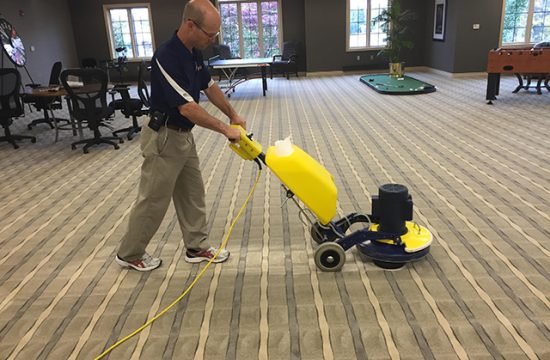In the realm of personal injury law, understanding the nuances between truck accident claims and regular car accidents is paramount. Each type of accident comes with its unique challenges and considerations, making it crucial for victims and legal professionals alike to comprehend the distinctions. This article will delve into the fundamental differences between truck accident claims and regular car accidents, shedding light on the key aspects that shape the legal landscape surrounding these incidents.
The Nature of the Vehicles
One of the primary differentiators between truck accident claims and regular car accidents lies in the nature of the vehicles involved. Trucks, especially commercial ones, are substantially larger and heavier than typical passenger cars. This discrepancy in size and weight often leads to more severe consequences when a collision occurs. The impact on individuals and property can be catastrophic, necessitating a specialized approach to legal proceedings.
Regulatory Framework
Truck accidents are subject to a more complex regulatory framework compared to regular car accidents. Federal and state regulations govern the trucking industry, covering aspects such as driver qualifications, vehicle maintenance, and hours of service. Understanding these regulations is crucial for building a robust case in a truck accident claim. On the other hand, regular car accidents typically follow simpler rules governed by state traffic laws.
Liability Determination
Determining liability in truck accident claims involves a multifaceted analysis. Besides the truck driver, various parties may share responsibility, including the trucking company, maintenance providers, and even manufacturers in cases of equipment failure. This intricate web of potential liabilities adds layers of complexity to the legal process. In contrast, liability in regular car accidents usually falls on the individual drivers involved, simplifying the claims process.
Insurance Coverage
The insurance landscape for truck accident claims is notably different from that of regular car accidents. Commercial trucking companies often carry substantial insurance coverage due to the higher risks associated with their operations. This can lead to larger settlements for victims. In contrast, individual drivers involved in regular car accidents may have lower insurance limits, impacting the compensation available to the injured parties.

Evidence Collection and Preservation
The scale and severity of truck accidents necessitate a more thorough approach to evidence collection and preservation. In addition to standard procedures such as accident reports and witness statements, truck accident claims may involve obtaining data from the truck’s black box, inspecting maintenance records, and analyzing driver logs. This meticulous evidence gathering is less common in regular car accidents, where the focus is often on the immediate aftermath of the collision.
Conclusion
In conclusion, understanding the basics of how truck accident claims differ from regular car accidents is crucial for anyone navigating the aftermath of such incidents. From the unique challenges posed by the size and weight of trucks to the intricate web of regulations governing the trucking industry, these cases require a specialized approach. Victims of truck accidents and their legal representatives must be well-versed in these distinctions to ensure a fair and just resolution.






















